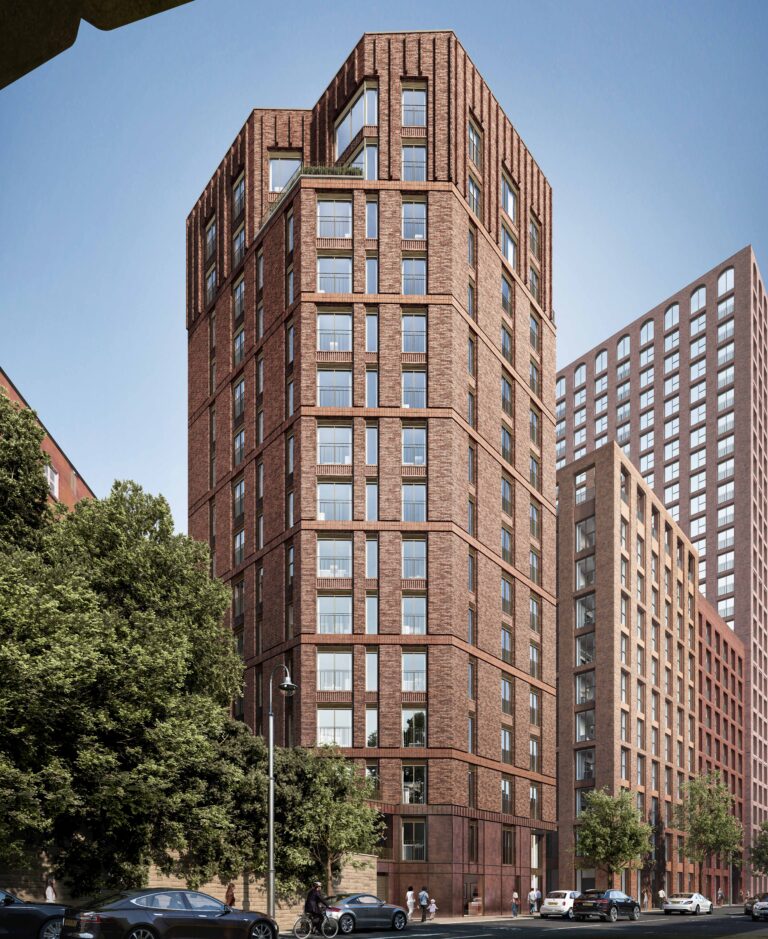The Autumn Budget landed with fewer shocks than many predicted, with many of the rumoured housing taxes that had been spooking the market for weeks avoided.
The Chancellor stopped short of introducing Capital Gains Tax, launching a major Stamp Duty overhaul, or creating a new annual housing tax. Instead, she opted for a more limited set of measures.
The scope of the new ‘Mansion Tax’ is narrower than expected and won’t take effect until 2028, giving homeowners time to adjust. And, perhaps best of all, with the most dramatic proposals now off the table, a degree of certainty will return to the property market after a prolonged and painful period of speculation, which could help unlock the pent-up activity that has been building since early autumn.
Landlords, however, did not escape so lightly, as they have been hit with a 2% tax rise.
A softer mansion tax, starting later and hitting fewer homes
The Government’s headline-grabbing housing measure is an annual council tax surcharge on properties valued at more than £2m. But, crucially, the threshold is far higher than many had expected.
Earlier leaks had suggested it could be as low as £1.5m, which would have captured a significant proportion of relatively ordinary homeowners in London and the South East.
By setting the threshold at £2m and above, the Chancellor has confined its impact to a much smaller segment of the market. There are currently fewer than 0.5% of homes above £2m in England, and the regions outside of London and the South East are largely unaffected.
The full details of the tax are not yet clear, but it is likely that there will first be a revaluation process for all houses in council tax bands F, G and H, which will take place over the next two years.
For those valued between £2m and £2.5m, there will then be an annual council tax surcharge of £2,500. For those between £2.5m and £3.5m, the surcharge will be £3,500. Between £3.5m and £5m, it will be £5,000 per year and £7,500 for any properties above £5m. The start date of April 2028 gives households plenty of time to decide whether to stay put, downsize, or adjust their financial plans.
Although it will have a fairly limited impact, the £2m+ bracket is likely to be somewhat subdued until the market adjusts. Buyers and sellers will need to understand how valuations will be calculated, how the bands will apply, and what appeals processes may look like. It is also likely to create something of a cliff edge around each of the new tax thresholds, as buyers will be reluctant to go up a tax bracket.
Landlords have been hardest
The real source of concern in the Budget, however, was not the feared mansion tax, but the 2-percentage-point rise in tax on property and dividend income. The fine details are still to be confirmed, including how thresholds and allowances will apply, but the end result is that landlords will be paying more tax.
Once those details are made clear, though, many landlords will be recalculating their margins to see whether their investments still stack up.
For landlords already under pressure from rising mortgage costs, reduced tax reliefs and an expanding regulatory burden, a hit to their yields could prove the final straw.
If significant numbers do decide to sell up, it will reduce rental supply at a time of high demand. As opposition leader Badenoch told Reeves at the Budget, squeezing landlords ultimately leads to fewer available homes and higher rents for tenants – a point echoed by many in the industry.
For those who remain, on the other hand, reduced competition is likely to lead to higher yields.
Property industry reaction
The property industry’s reaction to Rachel Reeves’ Budget was broadly negative, especially at the top end of the market, with concerns about a prolonged valuation process and a two-tier effect forming around the £2m mark. Several major agents also warned that the landlord tax rise risks seriously damaging rental supply levels.
Tom Bill, head of UK residential research at Knight Frank, says the Mansion Tax “throws a spanner into the works of the housing market for not much money in return,” while Dominic Agace, chief executive of Winkworth, warned that many £2m-plus homes are ordinary family houses and that “more uncertainty will be the result of this move.”
Colleen Babcock at Rightmove adds that today’s tax rise “will make it even harder for some landlords to make investments viable,” risking a reduction in rental supply.
And Jason Tebb, President of OnTheMarket, says the rental sector could be hit particularly hard, warning that increased taxes on landlords risk “distorted buyer behaviour, price stagnation at the top end, and a ripple effect across the wider market,” and that landlords facing higher costs may simply exit, shrinking stock and “placing further pressure on rents.”
Certainty returns and so will activity
The biggest effect of the Budget, though, may be psychological rather than fiscal. In the months leading up to the announcement, speculation about multiple possible housing taxes effectively froze parts of the market. Owners of higher-value homes held off listing them, investors delayed purchasing decisions, and many buyers paused until they knew the true cost of their new homes.
That cloud has now lifted, and all those decisions that had been put on pause can now be set in motion.
And the money markets have responded well to the Budget, too. The pound has held steady, and early trading suggests investors consider the package fiscally responsible.
Their reaction is important because it is likely to result in lower borrowing costs and expectations that the Bank of England will cut the base rate sooner rather than later. If it does, it will provide a major boost to the housing market as well as reduce the Government’s debt payments and potentially ease the need for further tax rises next year.










